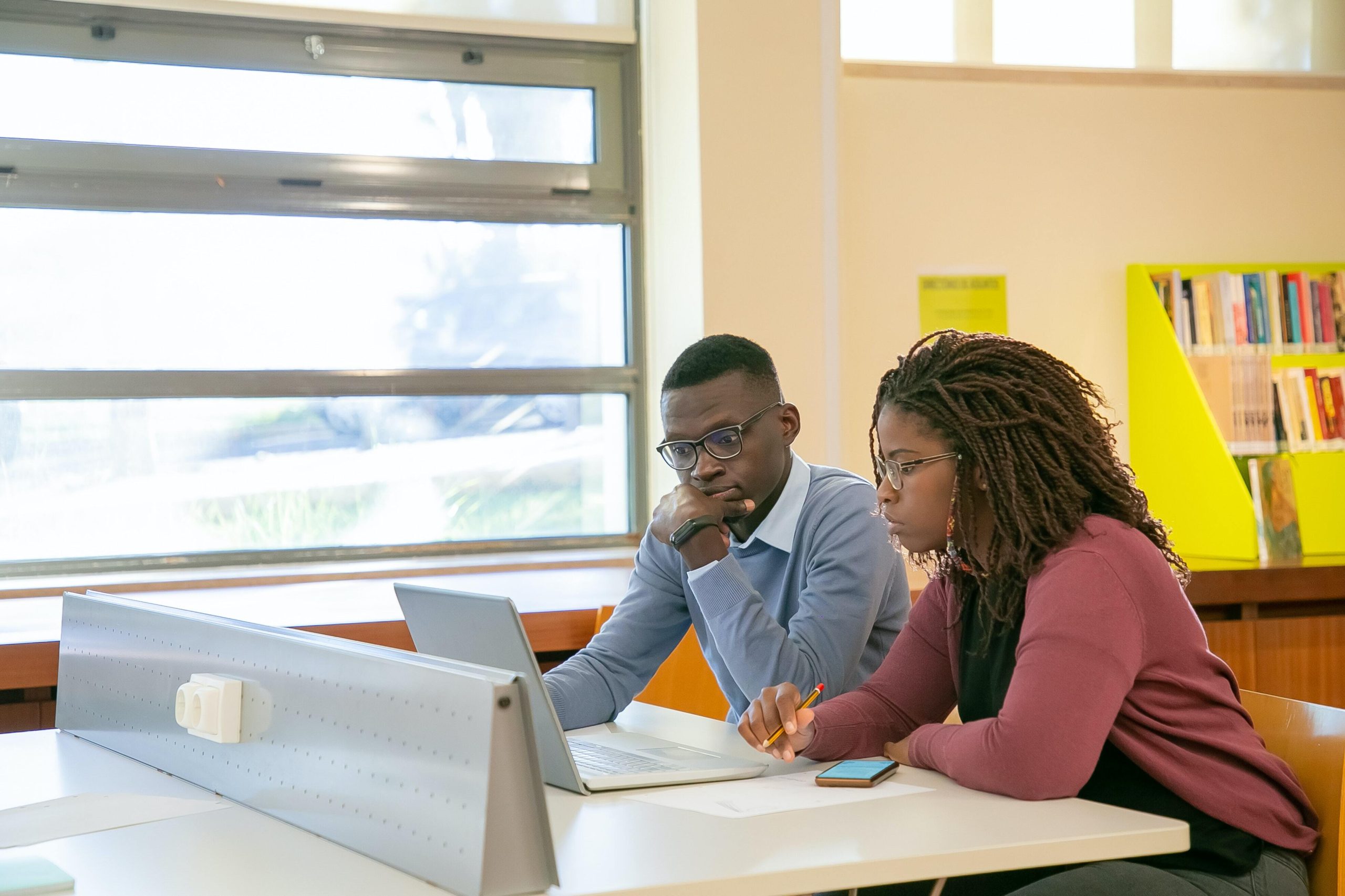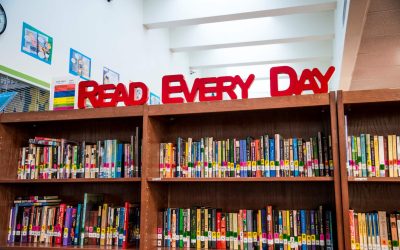What is information literacy?
Information literacy is the set of abilities that are required to locate and select appropriate information sources with accuracy and efficiency. For teachers and librarians, supporting information literacy means giving your students the training they need to effectively navigate online information resources.
While most students are already familiar with performing online searches with mass search engines like Google, there are finer concepts that are required for narrowing search results and evaluating resources for credibility. These skills are especially useful when using large catalogs and databases that students may need for research. Your OPAC is an excellent place to start teaching your students these foundational skills.
Boolean searching
Catalogs and search engines often allow the use of Boolean terms to better limit searches. Boolean searching employs the use of operators, such as AND, OR, and NOT to return more specific results. For example: Searching horses AND dressage will return results that include both horses and dressage. Searching football OR baseball will return any results with either football or baseball as a keyword. Searching for Africa NOT South would pull up resources about Africa but will not include South Africa. Within your catalog’s advanced search settings, have your students practice Boolean searching by stringing keywords together and inserting Boolean limiters where appropriate to see how that changes the results.
Narrowing
Typically, catalogs and search engines will come with the ability to narrow or sort the returned results. Narrowing parameters vary from catalog to catalog, but there are a variety of ways that they can be implemented. For example: If a student is conducting a project in which they must gather primary resources, perhaps narrowing results to the year(s) of a particular event might help. If a student is writing on a subject in which they need the most up-to-date information, limiting to recent publications may be best. Other common narrowing parameters include limiting by series, category, or subject matter.
Citations
A basic skill that all students must learn is how to cite sources. Students can use the OPAC to obtain accurate publication information in order to build their works cited lists. Many OPACs will even offer the ability to build a list of resources and export a citation list by style! Employing these tools helps children familiarize themselves with appropriate citation structures.
Develop a Toolkit
Does your library have books or kits about information literacy? Build a resource list for your students so that they can easily locate materials that enable their digital skill development. Make this list easily accessible to your students through your OPAC. If your OPAC allows you to host links to external resources, build a list of helpful websites and other online tools and host it on your home page or within your bulletins. Developing a toolkit is an easy way to make sure that your students can easily access the tools they need to hone their research skills.
The development of information literacy skills is paramount to building responsible digital citizens. Your OPAC isn’t just a tool that students can use to locate resources. It can serve an instructional purpose as well. Use it to enhance your student’s ability to access and evaluate appropriate resources.
About Surpass
Surpass Cloud is the easy-to-use, cloud-based library management system for libraries of all types and sizes. Whether you’re a school, church, museum, business, or any other organization with resources to lend, Surpass is likely a good fit for you. We pride ourselves on being affordable and flexible, with an expert support team ready to help you at a moment’s notice.
Schedule a free demo to see Surpass in action.




